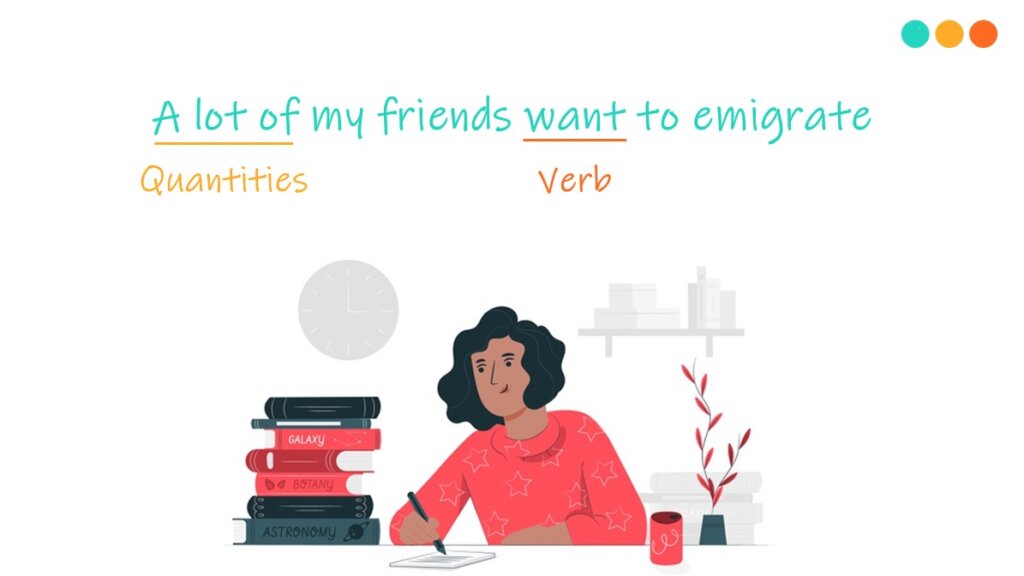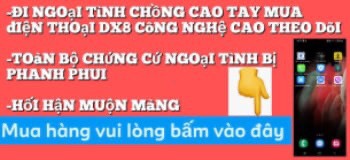Ngữ pháp tiếng anh dành cho THPT| Trung tâm tiếng anh BMT
Một số công thức Ngữ pháp tiếng anh giao tiếp THPT cho các bạn cần ôn
1. Cách phân biệt ngữ pháp “Much” ,”many”

Many hoặc much thường đứng trước danh từ. Many đi với danh từ đếm được và much đi với danh từ không đếm được:
VD: She didn’t eat much breakfast. (Cô ta không ăn sáng nhiều)
There aren’t many large glasses left. (Không còn lại nhiều cốc lớn)
– Tuy nhiên much of có thể đi với tên người và tên địa danh: I have seen too much of Howard recently.
(Gần đây tôi hay gặp Howard) Not much of Denmark is hilly. (Đan mạch không có mấy đồi núi)
Many/much of + determiner (a, the, this, my… ) + noun.
VD: You can’t see much of a country in a week.
(Anh không thể biết nhiều về một nước trong vòng một tuần đâu.) I won’t pass the exam. I have missed many of my lessons.
(Tôi sẽ không thoát được kỳ thi này mất, tôi bỏ quá nhiều bài.)
– Many và much dùng nhiều trong câu phủ định và câu nghi vấn, trong câu khẳng định có thể dùng các loại từ khác như plenty of, a lot, lots of… để thay thế.
VD: How much money have you got? I’ve got plenty.
He got lots of men friends, but he doesn’t know many women.
Tuy vậy trong tiếng Anh, much và many vẫn được dùng bình thường trong câu khẳng định. VD: Much has been written about the causes of unemployment in the opinion of many economists.
Much dùng như một phó từ (much đứng trước động từ nhưng đứng sau very và sau cấu trúc phủ định của câu):
VD: I don’t travel much these days. (much = very often) I much appreciate your help. (much=highly)
We very much prefer the country to the town. Janet much enjoyed her stay with your family.
Much too much / many so many (để nhấn mạnh) dùng độc lập sau mệnh đề chính, trước danh từ mà nó bổ ngữ.
VD: The cost of a thirty-second commercial advertisement on a television show is $300,000, much too much for most business.
Many a + singular noun + singular verb: Biết bao nhiêu.
VD: Many a strong man has disheartened before such a challenge.
(Biết bao chàng trai tráng kiện đã nản lòng trước một thử thách như vậy) I have been to the top of the Effeil tower many a time.
Many’s the + {smt that / sbody who} + singular verb
VD: Many’s the student who couldn’t follow the post-graduate courses at universities and colleges under the pressure of money.
(Biết bao nhiêu sinh viên đã không thể theo học các trường ĐH và CĐ do thiếu tiền) Many’s the promise that has been broken.
(Biết bao nhiêu lời hứa đã bị phản bội)
2. Cách phân biệt alot/ lots of/ plenty/ a great deal với many/ much

Các thành ngữ trên đều có nghĩa tương đương với much/ many (nhiều) và most (đa phần). A lot of/ lots of (informal) = a great deal/ a large number of/ much/ many (formal).
- Không có khác nhau gì mấy giữa a lot of và lots of. Chủ ngữ chính sau hai thành ngữ này sẽ quyết định việc chia động từ.
“a lot of”,” lots of”
| uncountable noun + singular verb
| plural noun + plural verb
A lot of time is needed to learn a language. Lots of us think it’s time for an election.
- Plenty of được dùng phổ biến trong informal English. Don’t rush, there’s plenty of time. Plenty of shops take
- A large a mount of = a great deal of + non-count noun (formal English) I have thrown a large amount of old
Mr Lucas has spent a great deal of time in the Far East.
- A lot và a great deal có thể được dùng làm phó từ và vị trí của nó là ở cuối câu. On holiday we walk and swim a lot.
The gorvernment seems to change its mind a great deal.
“More “, “most“
- More + noun/noun phrase: dùng như một định ngữ We need more time.
More university students are having to borrow money these day.
- More + of + personal/geographic names
It would be nice to see more of Ray and Barbara.
(Rất hay khi được gặp Ray và Barbara thường xuyên hơn.)
Five hundred years ago, much more of Britain was covered with trees. (500 năm trước đây, đa phần nước Anh phủ nhiều rừng hơn bây giờ nhiều)
- More of + determiner/pronoun (a/ the/ my/ this/ him/ ..) He is more of a fool than I thought.
(Nó là một thằng ngu hơn tôi tưởng nhiều)
Three more of the missing climbers have been found. Could I have some more of that smoked fish.
I don’t think any more of them want to come.
- One more/ two .. + noun/ noun phrase
There is just one more river to cross.
- Nhưng phải dùng cardinal number (số đếm) + noun + more (Five dollars more) nếu more mang nghĩa thêm nữa.
He has contributed $50, and now he wants to contribute $50 more.
- Most + noun = Đa phần, đa số
Most cheese is made from cow’s milk. Most Swiss people understand French.
- Most + determiner/ pronoun (a, the, this, my, ..) = Hầu hết… He has eaten 2 pizzas and most of a cold chicken.
Most of my friends live abroad. She has eaten most of that cake. Most of us thought he was wrong.
- Most cũng được dùng thay cho một danh từ, nếu ở trên, danh từ hoặc chủ ngữ đó đã được nhắc đến.
Some people had difficulty with the lecture, but most understood. Ann and Robby found a lot of blackberries, but Susan found the most.
- Most + adjective khi mang nghĩa very (không phổ biến) That is most kind of
Xem thêm: Học từ vựng tiếng Anh đón mùa trăng rằm | Amber vui tết trung thu
Nếu bạn đang cần tư vấn . Hãy inbox ngay cho chúng tôi nhé
.Hotline: 0262 3863 333
Fanpage: Anh ngữ quốc tế Amber
Website: amberenglish.edu.vn



